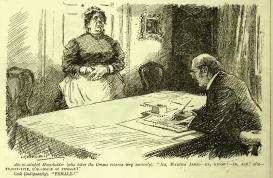This project studies early statistics—statistical science before its mathematization—in Britain, which was responsible for the advent of an unprecedented scale of statistical data production in the nineteenth century. Early statistics was conceived as a large-scale observational science of society that required cooperation among observers across regions and countries. Early statistics developed theory and practices of data production with a view toward ensuring the smooth aggregation of fragments of information that were collected by numerous individuals with varying degrees of capabilities into homogeneous and complete statistical data. Early statistics also contributed to the historical formation of human sciences, which study people as social beings. The coordinated data collection in statistics ushered in numerous scientific categories about human beings, as this type of counting required defining categories into which people could be classified. These classifications, in turn, specified the objects of study on which scientific knowledge should be accumulated. Those scientific categories also brought into existence the objects of intervention and opened up new paths to regulate people’s lives. This project aims to provide a comprehensive illustration of early statistics in Britain through the examination of the activities of the Statistical Society of London, which pursued early statistics as a collective scientific project since its establishment in 1834 until the mathematization of statistics. This project answers the following three questions: how early statistics shaped the theory and practices of statistical observation; how early statistics created a field of knowledge that legitimized a specific form of social interventions; and what type of epistemic virtues early statistics followed.

A satirical image of a statistical enthusiast who fails to see the obvious (From Punch, March 29, 1911).
Project
(2018-2019)
